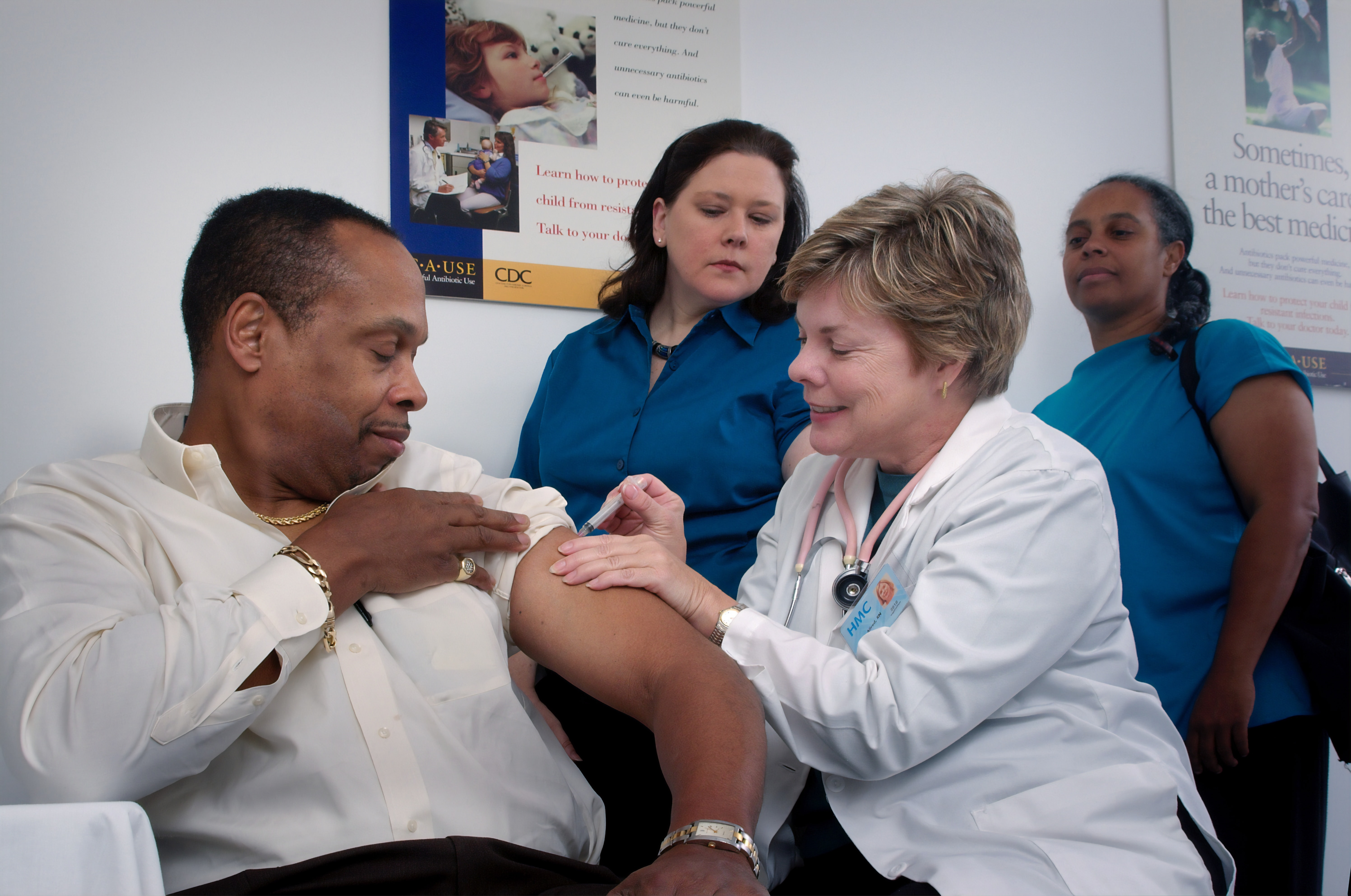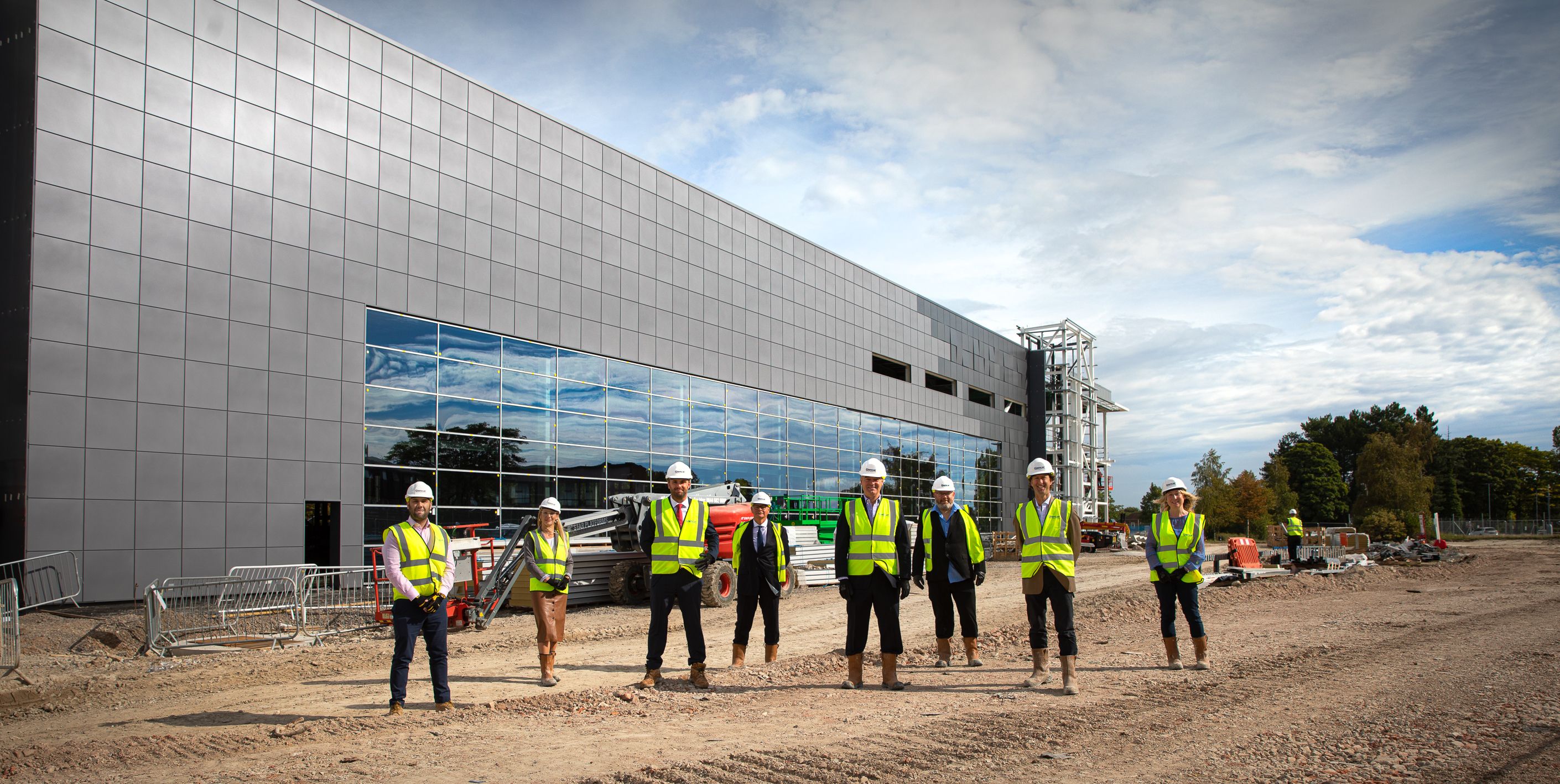
Huw Mellor, partner at Carter Jonas, writes about how new planning legislation is helping the health sector to respond to demand
Just as the enormity of the pandemic has significantly increased the public’s appreciation of the NHS; changes to the way in which the Government legislates on planning and development for healthcare facilities is changing significantly.
These changes have not just been significant, but also immediate and, in some cases – unprecedented in the history of planning – change is taking place ahead of the policy that facilitates it.
Across the country, we have seen vaccine development centres, hospitals, and specialist clinical facilities constructed, fitted out, and propelled into operation as if being viewed on a time-lapse video.
Keeping up with demand
In Oxford, Carter Jonas has recently secured planning permission for a significant extension to the John Radcliffe Hospital.
But this was no ordinary planning consent.
The new building commenced development prior to obtaining planning approval.
The development of a new five-storey adult intensive care unit (AICU), in addition to the demolition and relocation of other key hospital services, began just before Christmas 2020, and planning consent was achieved in March 2021.

The work on the AICU unit was required to meet the urgent demand of Buckinghamshire, Oxfordshire, and Berkshire West Integrated Care System for increased critical care capacity.
Coupled with this demand, Oxford University Hospitals NHS Foundation Trust had experienced a surge in hospital admissions due to the COVID-19 pandemic, which had resulted in an overflow of patients from critical care units to other hospital accommodation, such as general wards and theatres, and impacted on ongoing elective activity.
Under normal circumstances, planning approval and construction for a new development on this scale would take many months, possibly years, with building beginning only when planning permission had been granted.
On the fast track
However, due to COVID-19 and the important role that the John Radcliffe plays on a regional and national level, Oxford City Council took a different approach.
It fast-tracked the application, meaning that much of the planning work was carried out simultaneously to the construction work.
We also experienced similar circumstances in the Vale of White Horse, working closely with the council to bring about the accelerated construction of the Vaccines Manufacturing and Innovation Centre in Abingdon.
The facility provided the UK’s first bespoke strategic vaccine development and manufacturing centre.
And the district council allowed construction of the facility to begin while simultaneously processing the planning application because of the critical nature of the facility and the role it will play in manufacturing COVID-19 vaccines.
Collaboration is key
As with the John Radcliffe Hospital extension, collaboration was key to securing the fast-tracked planning permission.
Council officers significantly increased the number of meetings they held with all major stakeholders.
And greater contact with statutory consultees, the local parish council, and the ward councillor ensured that consultation processes were adhered to and queries were responded to swiftly.
Given the success of these two projects, and others, it is logical that the Government is proposing unprecedented reforms to speed up the delivery of hospitals and other NHS buildings.
Currently, small extensions are permitted without the need for a full planning application.
But the Government’s intentions announced in December aim to deliver extensions further and faster.
The proposals, currently being consulted upon, mean that where a full planning application is required, such as to build an entirely-new hospital, the process will be streamlined.



And, whereas currently some planning applications are left for many months without a decision, councils will have a legal duty to decide major public service development applications within 10 weeks.
The existing right for extensions to hospitals is subject to size limits.
It restricts extensions or additional buildings to no more than 25% of the gross floorspace of the original buildings with a maximum cap of 100sq m.
It also restricts the height of new buildings to five metres.
A change of policy
Future legislation would allow such uses to expand their facilities by up to 25% of the footprint of the current buildings on the site, or up to 250 square metres, whichever is the greater.
This would allow greater flexibility for those sites that have enlarged or developed additional buildings over time and flexibility for those premises with a smaller footprint.
It is also proposed that the height limit is raised from five metres to six metres, excluding plant on the roof, except where it is within 10 metres of the boundary or curtilage.
These policy changes come about as the Government has also significantly increased the potential for change of use between healthcare and a wide range of other uses (shops, office buildings, research and development facilities, clinics, health centres, creches, day nurseries, day centres, gyms, and most indoor recreational facilities).
They also coincide with the extension of temporary permitted development rights to enable emergency development by councils and health service bodies, from 31 December 2020 to 31 December 2021, allowing for services such as Nightingale hospitals to continue.
There is no doubt that the urgent requirement for facilities such as those highlighted has emphasised weaknesses in the current planning system.
And so it is encouraging, not only that exceptions have been possible to enable us to fight COVID-19, but that positive change is being put in place for the long term.